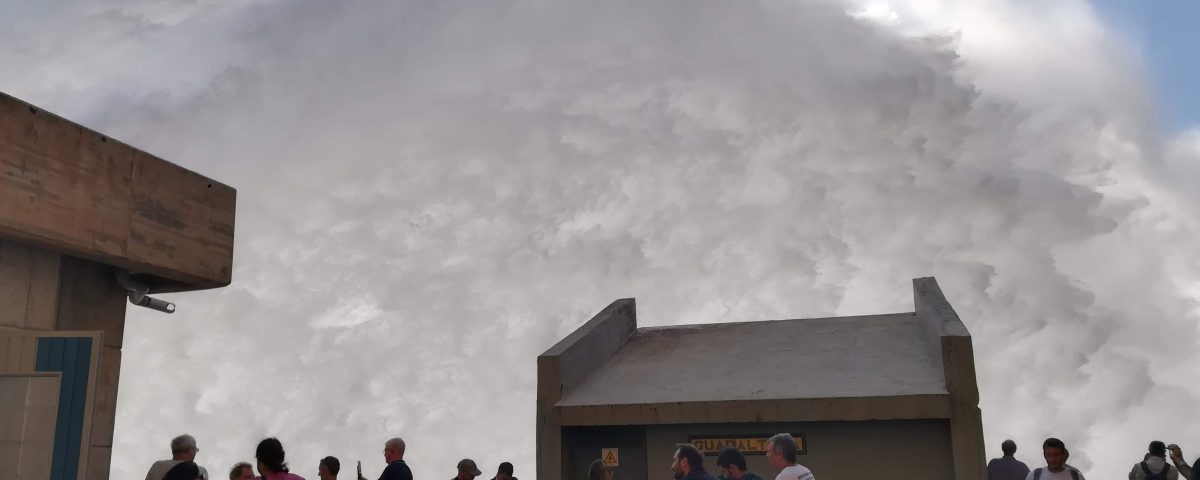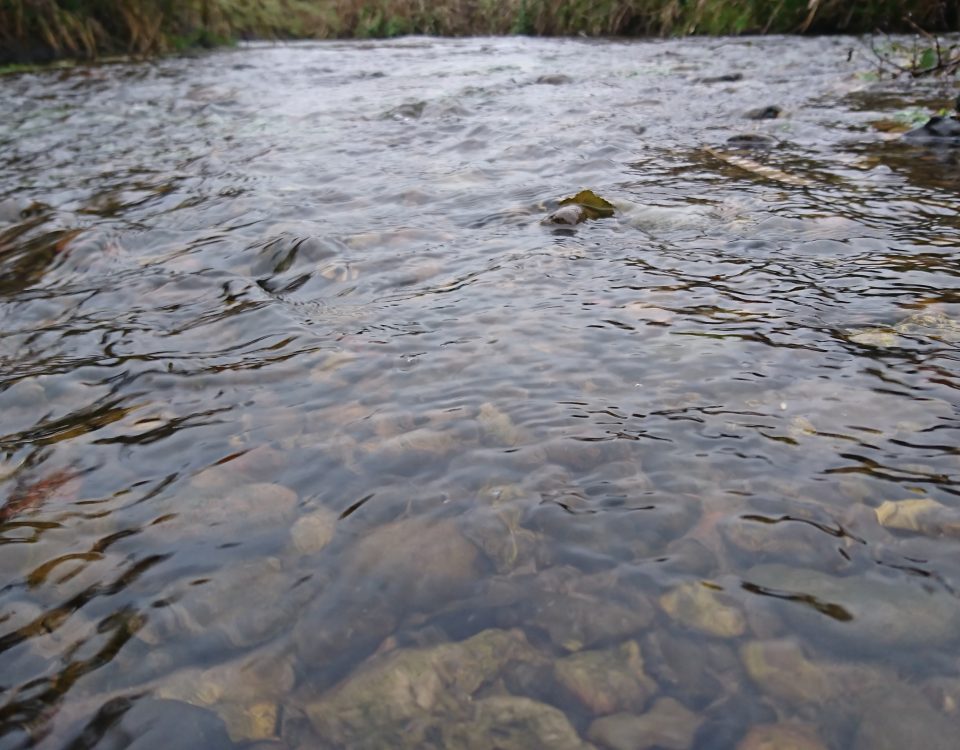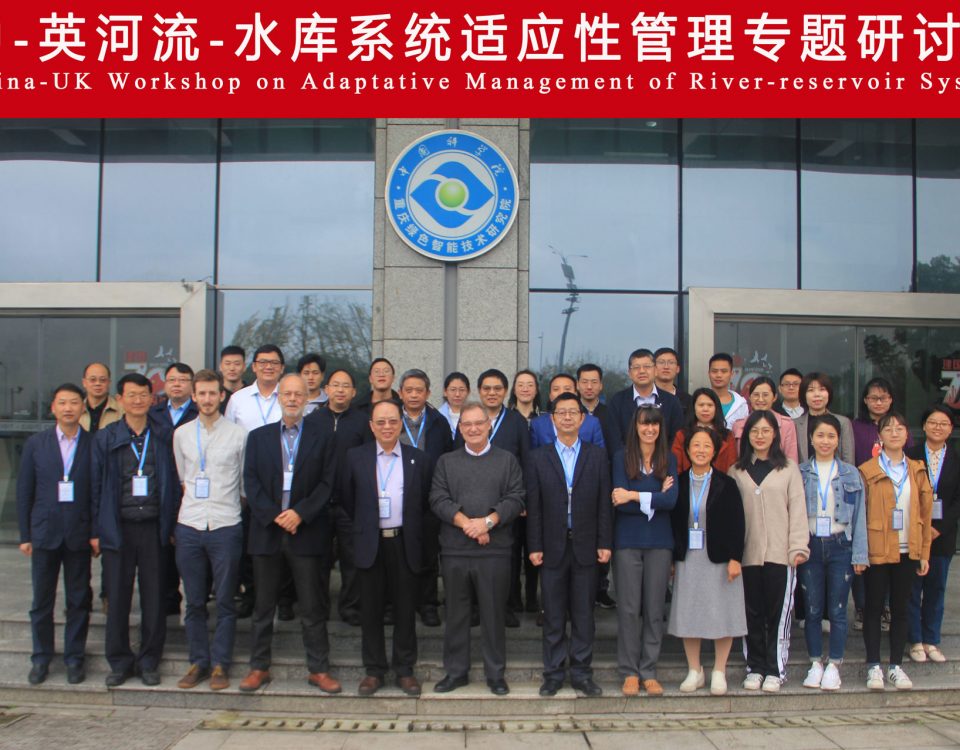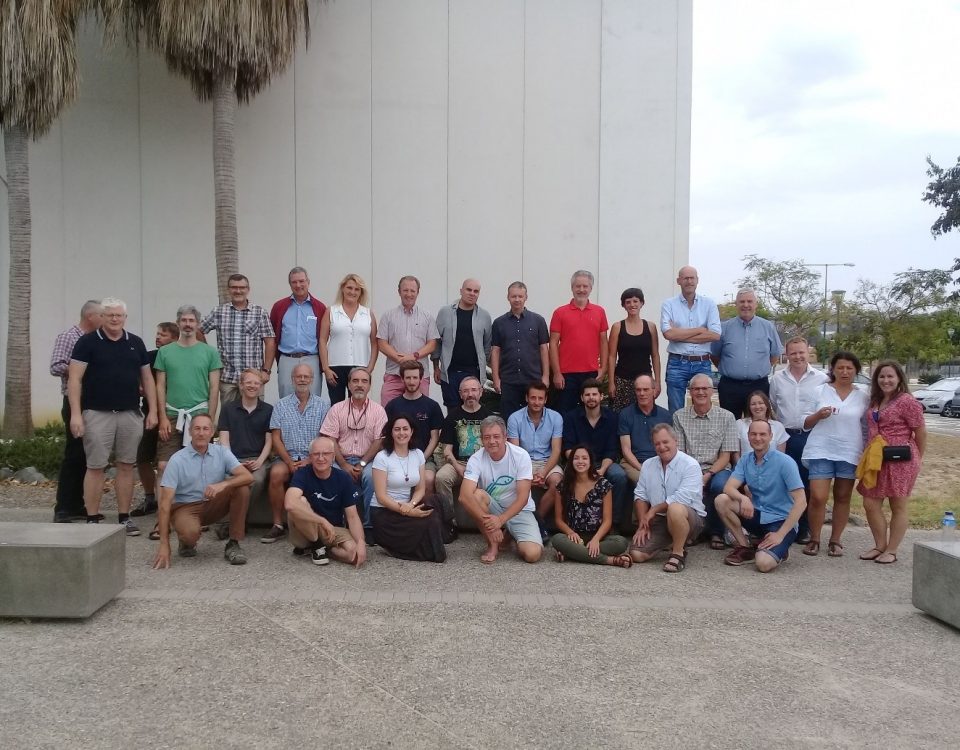
AMBER Annual General Meeting 2019 Recap
September 18, 2019
AMBER Visits China
November 26, 2019Symposium on fluvial connectivity in Andalucia Mediterranean Basins
The in-depth program focused on the Guadalhorce River as a practical example, with a focus on ecological status, environmental issues and management, conservation and restoration initiatives, and plans in the Mediterranean river basins.
On September 3rd, the workshop on River Connectivity in Mediterranean Basins took place in Malaga with the collaboration of the University of Malaga (UTC-UMA), the municipality of Málaga, and the regional government of Andalucía. The meeting brought together different experts in planning management, conservation, and restoration of inland aquatic ecosystems to research centers and projects as well as members of the AMBER consortium and other stakeholders at a regional and local level.
The symposium included a guided morning tour, with stops at different points of interest along the Guadalhorce basin from its head to the mouth, as well as an afternoon workshop. The workshop was held at “La Térmica” of Málaga, and the topics discussed included ecological state, environmental problems and management, conservation and restoration initiatives, and plans in the Mediterranean river basins.
We had the direct participation of the technicians responsible for the Guadalhorce management system. They accompanied the group to the visit of the Guadalteba Dam, where we learned about the infrastructures and the main aspects of the basin and its natural environment. Moreover, we had the opportunity to discuss the problems present in the basin with different stakeholders, from management technicians and managers to organizations for the defense of the natural environment and environmental associations. Finally, managers and participants of other projects related to water management shared their experience and results with the attendants.
We organized The symposium on River Connectivity in Andalusian Mediterranean Basins within the framework of the Annual General Meeting (AGM) of AMBER. This symposium took into account that the Guadalhorce River is an important AMBER study case. We considered the importance and additional interest in the study of Mediterranean basins in the current climate change horizon.
Among the various AMBER project results, we must highlight the first Atlas of Barrier in European Rivers. This Atlas will be accessible to all citizens through an online web portal. The Citizen Science Program will build and continue updating the information about barriers in the Atlas with the Barrier Tracker mobile app. This map a first global model to evaluate and predict the effects of barriers on local biota; a set of rapid assessment tools for barriers to assessing the impact on ecological connectivity; as well as a practical guide to the use of this set of tools including applications with real case studies (such as the case study of the Guadalhorce River) and examples of best practices of adaptive management of river restoration barriers.
Please visit this website for more details and presentations: http://riosconvida.es/wordpress/simposio-amber-cuencas-mediterraneas/
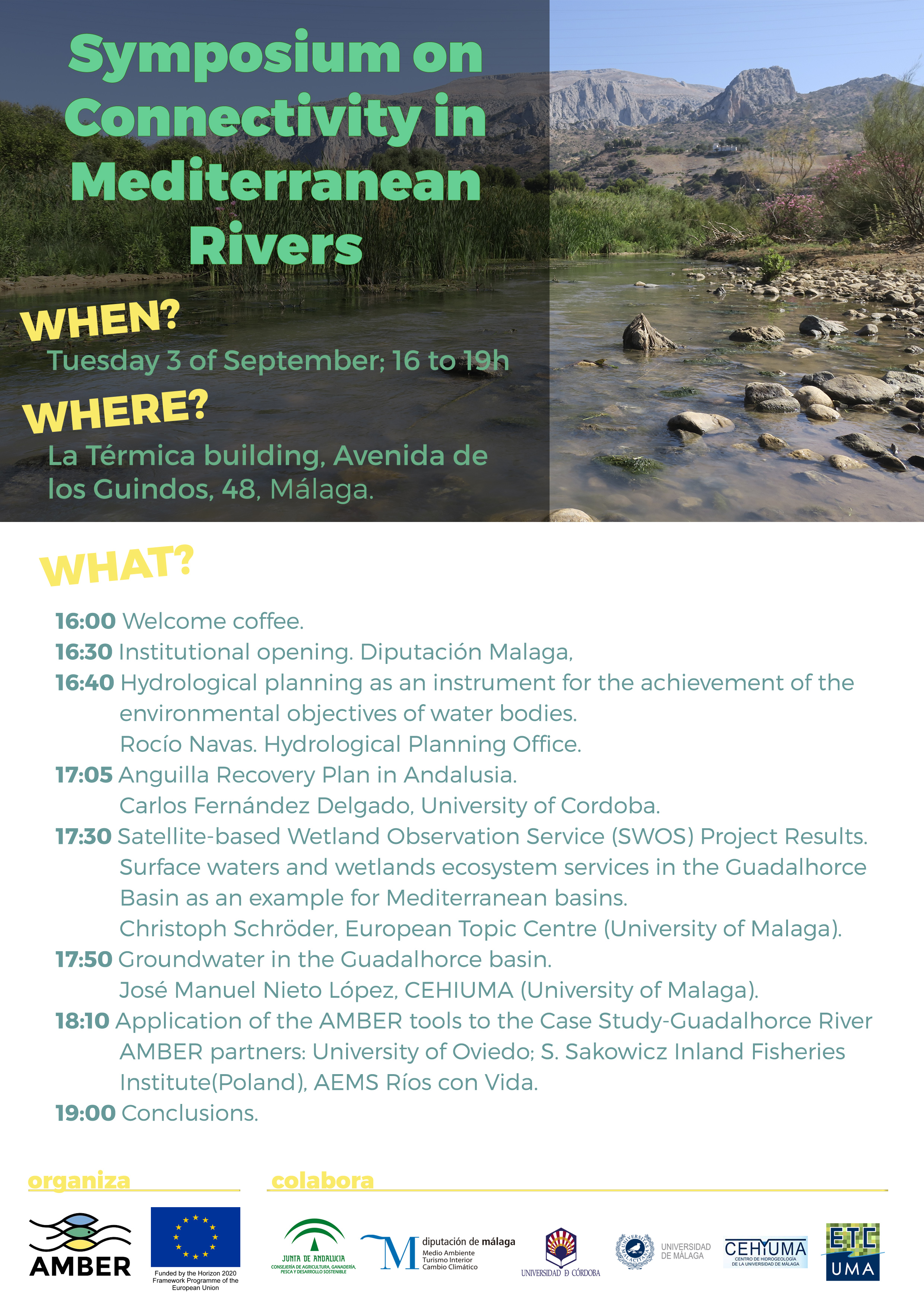
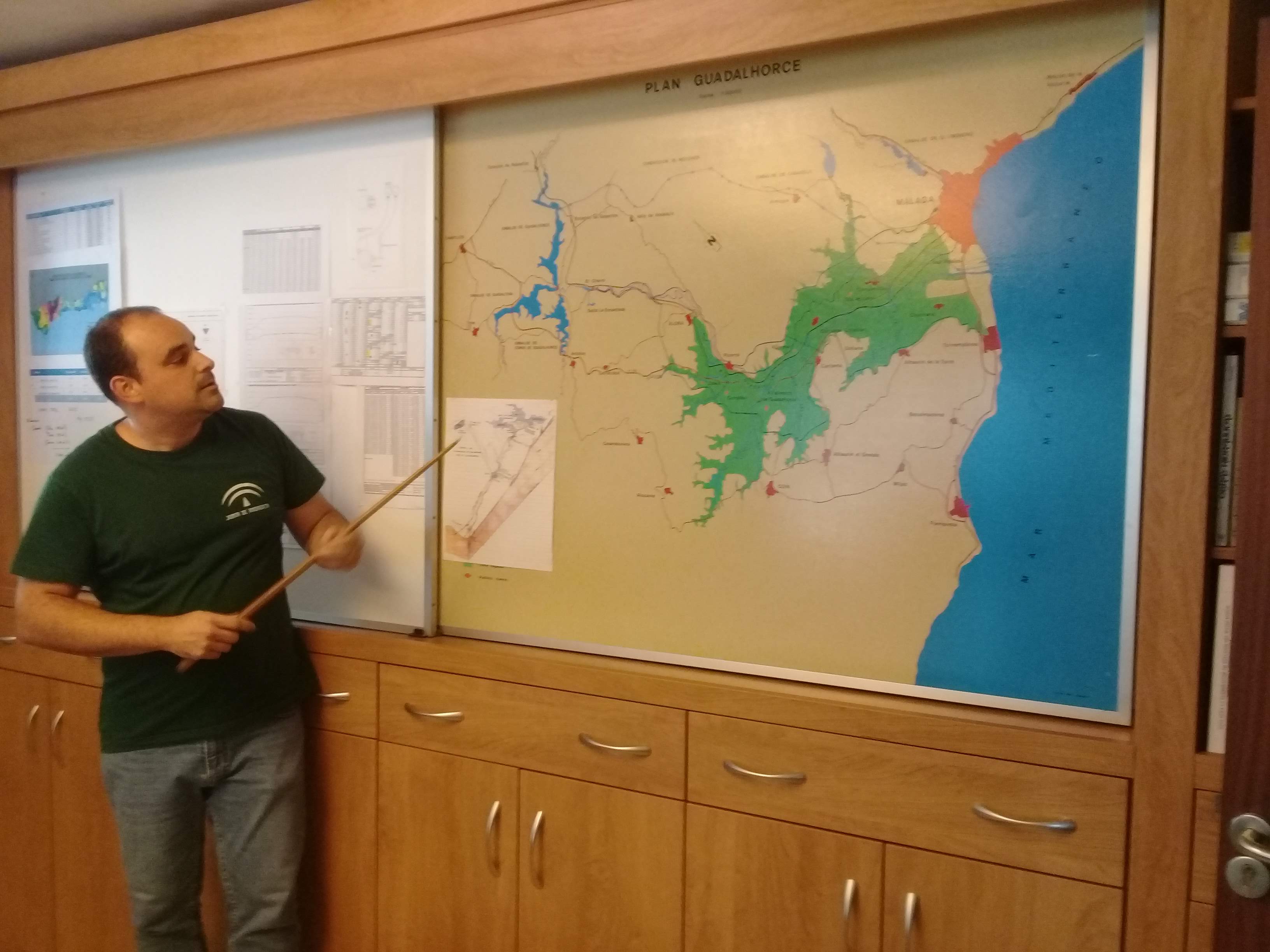
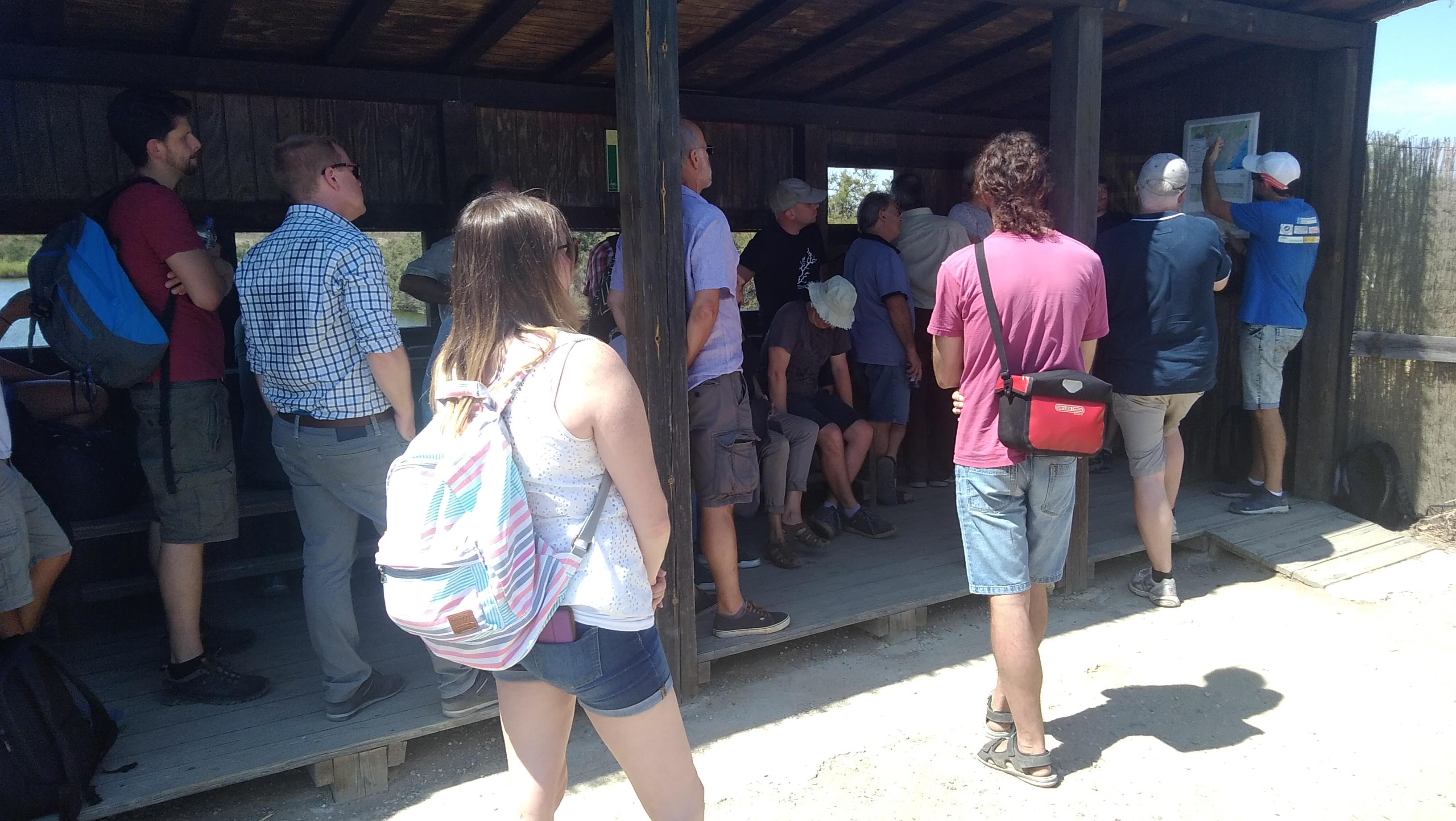
Author: Sara Garrido, AEMS Rios con Vida

